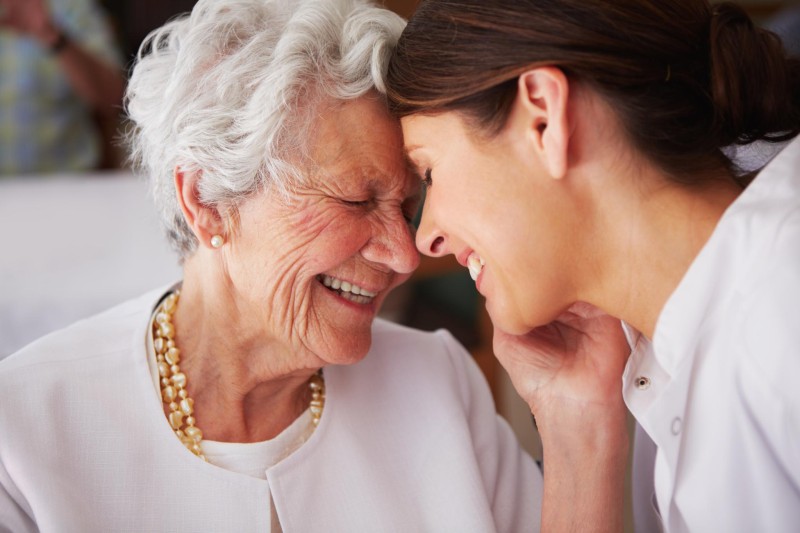Breadcrumb
- Home /
- Resources
Resources
Mobile Resource Library Tabs
Filters
Search
Categories Navigation
Asset Publisher
Resources

Becoming a Caregiver: My Role Has Changed, Now Who Am I?
We all have roles in life that we are used to and comfortable with. Some roles that come to mind easily are mother, father, sister, brother, wife, husband, partner, friend, aunt, uncle and grandparent. These are very common roles that are socially accepted, defined and supported. We know how to be a parent, sibling, friend etc., because people teach us by serving as an example. What happens when these roles start to change, however? These scenarios happen every day, and the shift that it can create in a relationship paradigm can have a ripple effect of feelings, emotions and struggles.
Read MoreBy Melissa Winberry | 07/15/2021

Recognizing the Risks and Red Flags of Elder Abuse
Those who are assisting older loved ones likely try to do everything they can to keep that loved one safe, such as making sure they have a list of emergency contacts or assessing whether they can still safely operate a vehicle. However, sometimes the greatest threats to a loved one can be a person, whether family members, fellow caregivers, medical staff, complete strangers or even themselves. According to the National Council on Aging, approximately one in ten Americans aged 60 or older have experienced some form of elder abuse.
Read MoreBy Julie Hayes | 07/15/2021

Exercise Your Brain as an Older Adult with These 20 Memory Boosting Activities
There are a variety of techniques and strategies older adults can use to maintain and even improve memories. These memory boosters are mentally challenging and often fun, and they don’t involve medications that may have side effects that could potentially exhaust mental focus.
Read More07/15/2021

Caring for Individuals with Intellectual and Developmental Disabilities and Dementia
This webinar will overview common signs and symptoms of Alzheimer’s Disease and related dementias in individuals with intellectual and developmental disabilities, available cognitive assessments, medical and community-based resources, and provide information about a free evidence-based care-coaching program, BRI Care Consultation™, for family and friend caregivers or supporters.
WatchBy Lauri Scharf, Kirsten Fawcett-Dubow | 07/07/2021

News from Washington: Budget Proposals and their Impact on Older Adults and Caregivers
The webinar will discuss developments in Washington DC regarding the Biden Administration’s 2022 budget proposal for Older Americans Act programs, block grants, and other aging programs and services. In addition, we will highlight areas of impact for older adults and their family and friend caregivers nationally and statewide.
WatchBy Bob Blancato, Meredith Ponder Whitmire, Orion Bell | 07/01/2021
